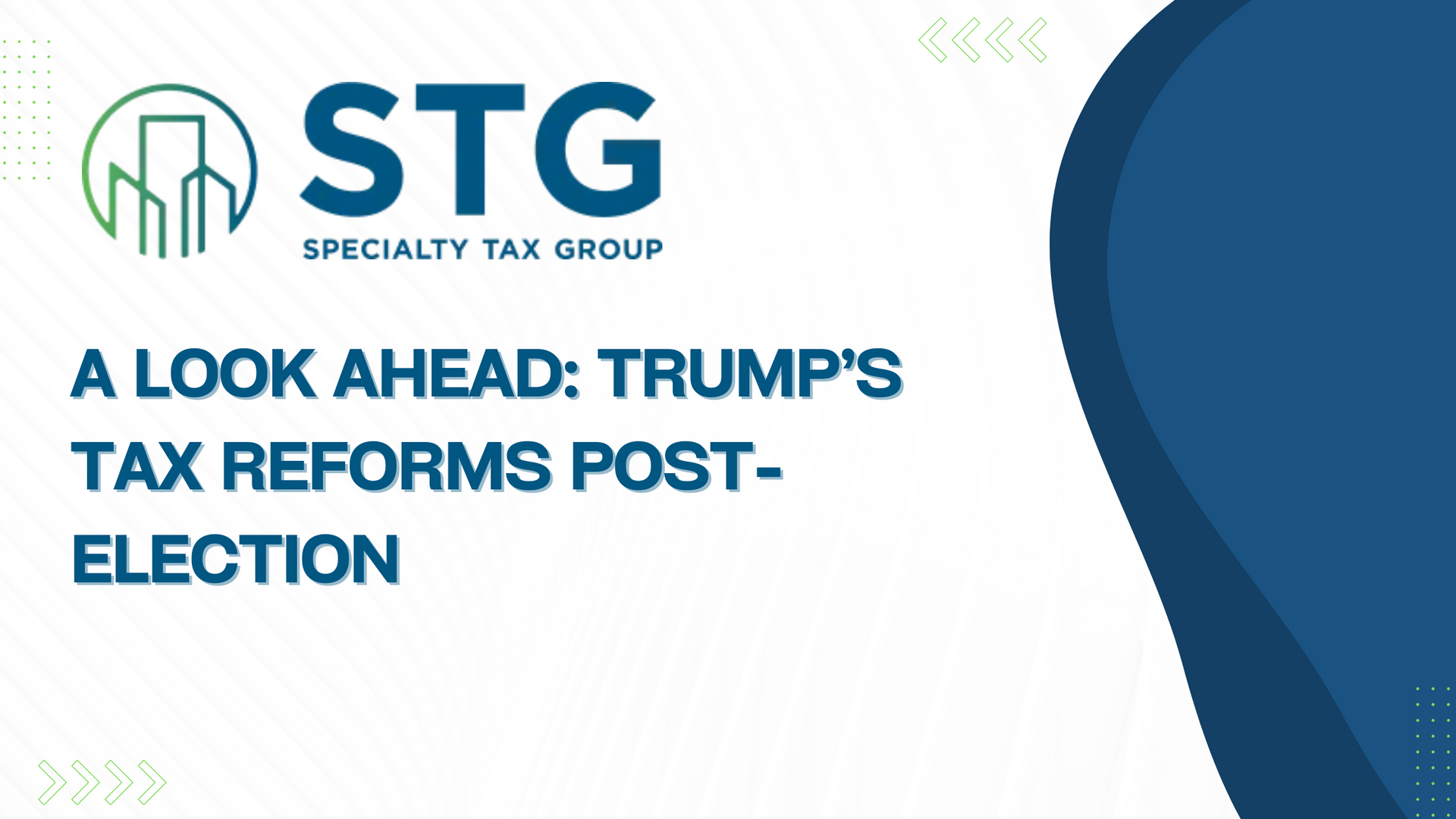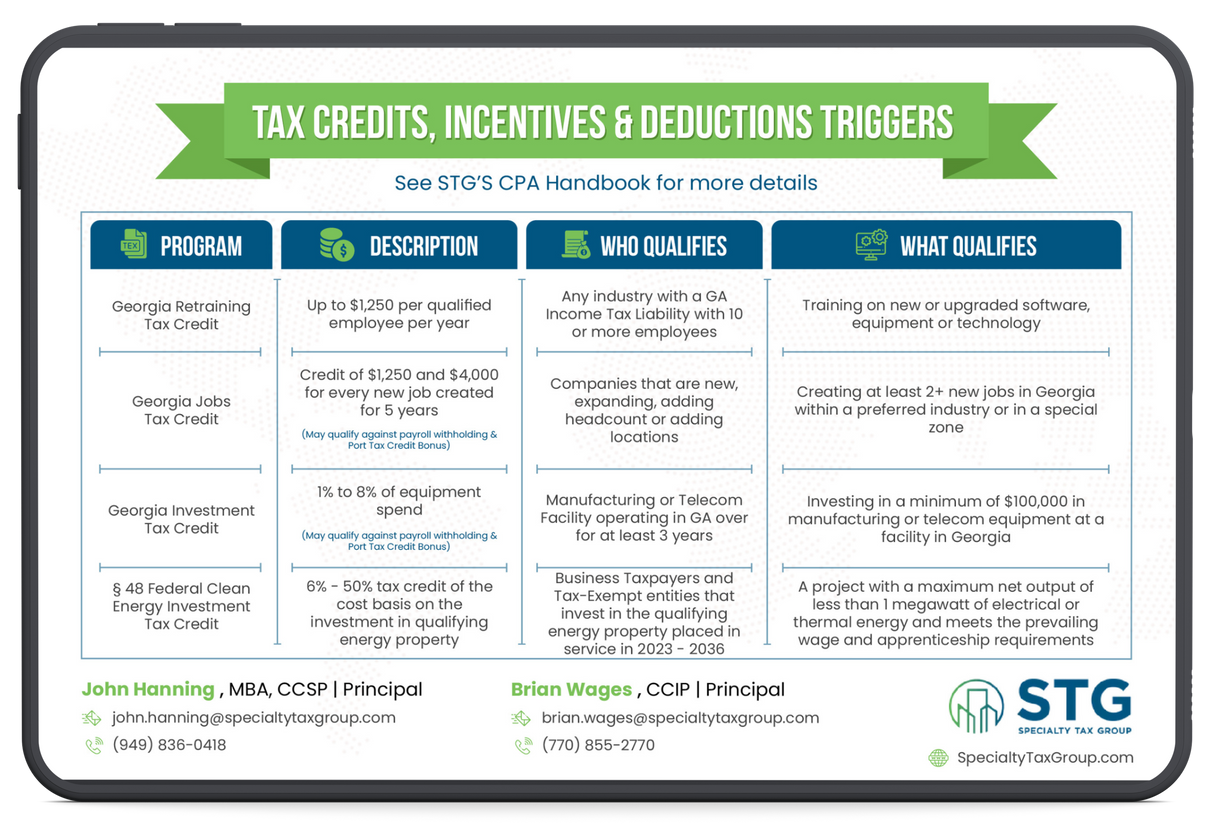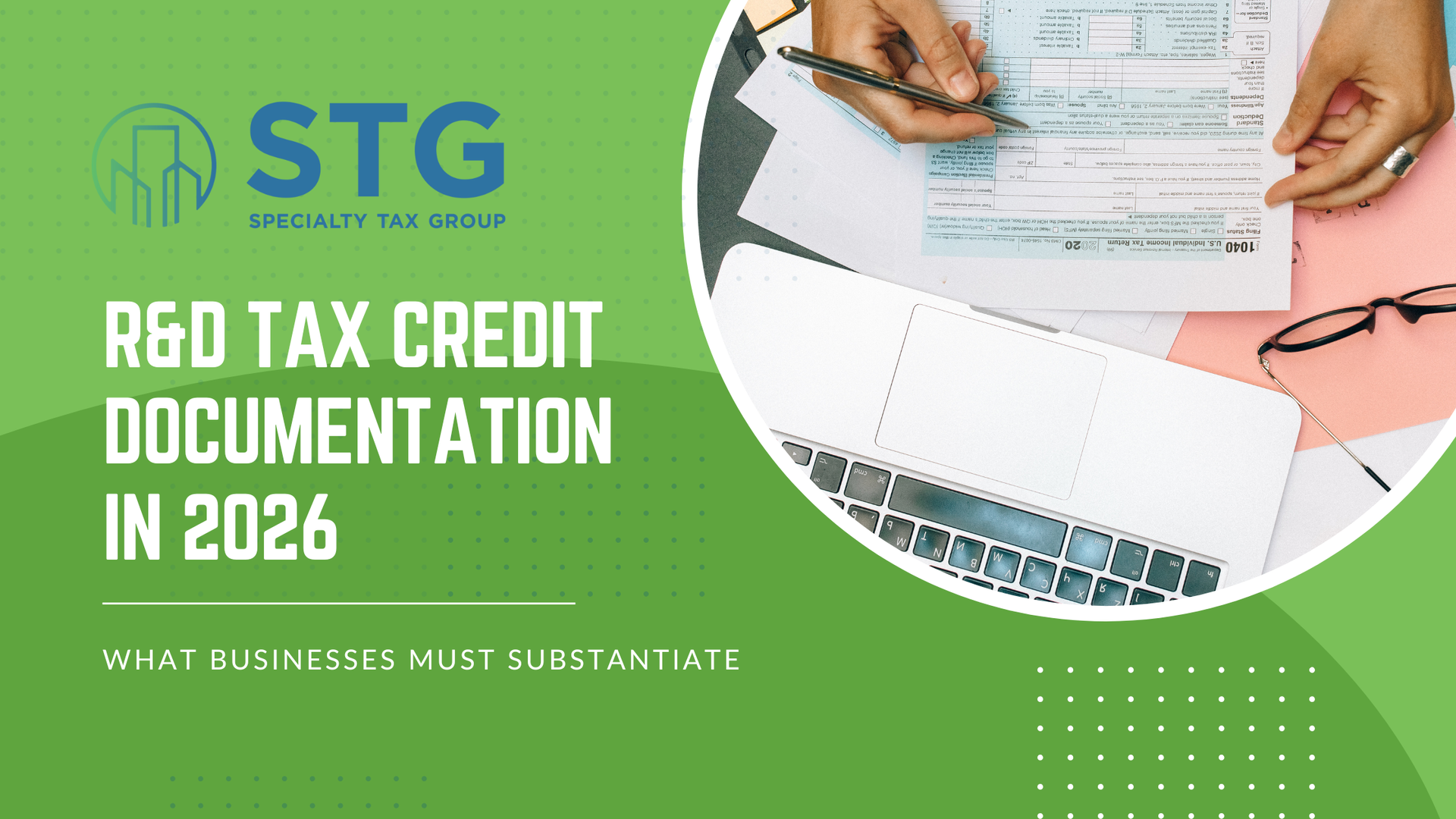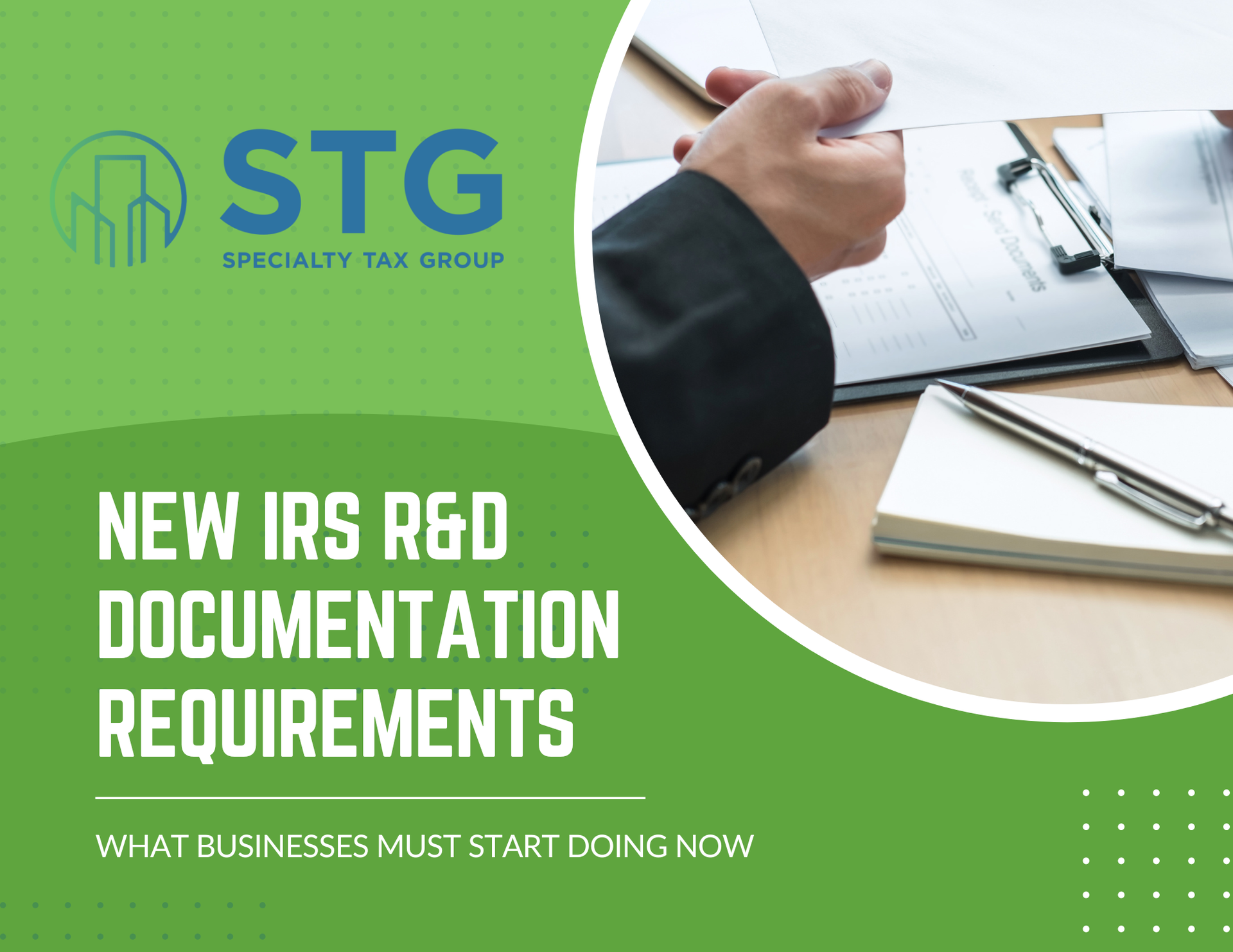This blog post has been researched, edited, and approved by John Hanning and Brian Wages. Join our newsletter below.
A Look Ahead: Trump’s Tax Reforms Post-Election
The tax landscape continues to evolve following the election, with potential changes affecting corporate structures, individual taxation, and international policies. Here’s a closer look at the key aspects and implications of these proposed reforms.
Current vs. Proposed Tax Framework
| Category | Current Rate | Proposed Rate | Expected Impact |
|---|---|---|---|
| Corporate Tax | 21% | 15% | $595B revenue reduction |
| Individual Tax | Progressive | Modified brackets | Varied by income |
| Capital Gains | 20% | 15% | Investment shifts |
| Child Tax Credit | $2,000 | $5,000 | Family benefit increase |
The Evolving Tax Environment
The 2017 Tax Cuts and Jobs Act (TCJA) marked a significant shift in tax policy, and new proposals suggest even more substantial changes. Key developments include:
Corporate Reform Highlights
The proposed reforms include the restoration of 100% bonus depreciation for business investments. Under the current policy, businesses can only deduct 80% of the cost of qualifying property placed into service due to the phasedown of bonus depreciation, which began in 2023. Restoring 100% bonus depreciation would allow businesses to immediately deduct the full cost of qualifying property in the year it is placed into service. This change is particularly impactful for businesses utilizing cost segregation services, as it maximizes tax savings by combining accelerated depreciation strategies with upfront deductions.
Additionally, the proposed reforms address R&D expenses, which are currently required to be capitalized and amortized over five years under the TCJA. The new proposal would allow businesses to immediately deduct these costs, simplifying compliance and improving cash flow. This adjustment would better support innovation and provide companies with enhanced flexibility in managing their tax obligations.
Individual Tax Innovations
The proposed reforms introduce several novel concepts:
- Tax-free treatment for overtime pay and tip income
- Elimination of taxes on Social Security benefits
- New $5,000 per child tax credit
- Potential removal of the $10,000 SALT deduction cap
- Deduction for car loan interest
- Deduction for generator costs for specific periods
International Tax Considerations
- Proposed 10-20% across-the-board tariff on imported goods
- 60% tariff, specifically on Chinese imports
- Reform of expatriate taxation to prevent double taxation
- Modifications to GILTI and FDII provisions
Estate Tax Planning
- Preservation of the enhanced lifetime estate and gift tax exemption
- Protection of the current $13.61 million exemption (2024)
- Potential rate reductions under consideration
Implementation Timeline and Challenges
2024-2025:
- Congressional review of proposals
- Preparation of systems for tax changes
- Stakeholder education and adaptation
2026 and Beyond:
- Full implementation of approved reforms
- Phased introduction of complex provisions
- Ongoing monitoring and adjustment periods
Strategic Planning Considerations
Tax professionals should focus on the following:
- Developing flexible client strategies that account for potential changes
- Understanding the implications of Project 2025 tax proposals
- Preparing for the potential introduction of universal savings accounts
- Monitoring legislative developments and timelines
Business Planning Priorities
Evaluating the timing of capital expenditures is critical with the potential restoration of 100% bonus depreciation. Currently, only 80% of qualifying property costs can be deducted in the first year, with the remaining cost amortized over time. Restoring full bonus depreciation would allow businesses to deduct 100% of these costs upfront, significantly improving cash flow.
Similarly, the immediate deductibility of R&D expenses would address the current requirement to capitalize and amortize these costs over five years. This change would accelerate tax savings for businesses investing in innovation, freeing up funds for reinvestment. Companies should prepare to integrate these updates into their broader tax strategies to maximize benefits while ensuring compliance.
Looking Forward
These reforms represent one of the most comprehensive overhauls of the American tax system. Success will depend on:
- Careful navigation of new requirements
- Strategic timing of business decisions
- Understanding phase-out provisions
- Proper documentation and compliance
For expert guidance on these developments, schedule a call with one of our tax experts at Specialty Tax Group.
Note: All proposals are subject to legislative approval and may be modified during implementation. Consult with qualified tax professionals for specific advice related to your situation.






